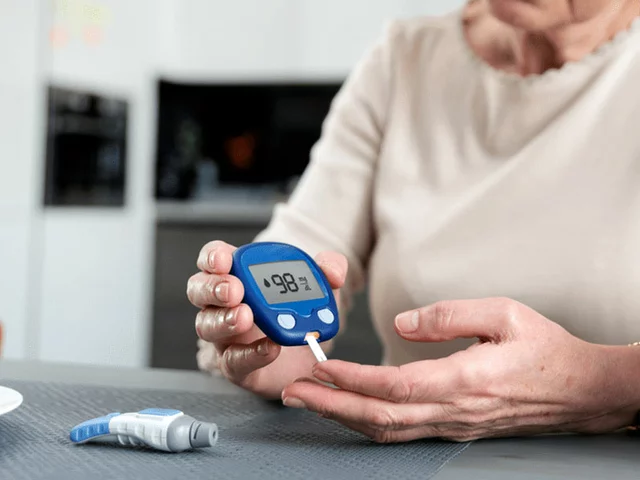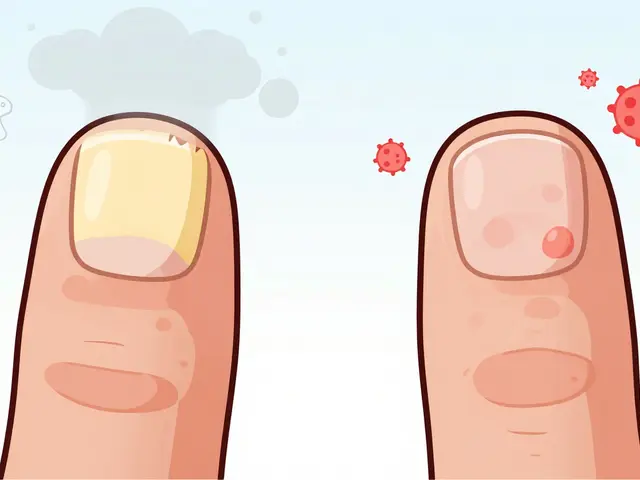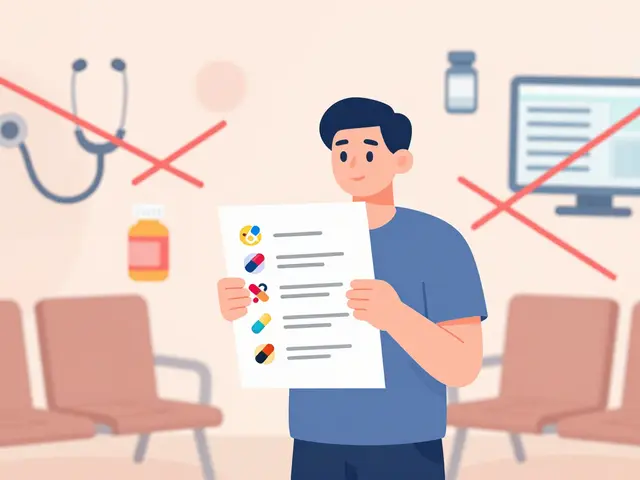Sex Drive: What Affects It and How to Fix Low Libido
Low or high sex drive can surprise you. Desire isn't just biological — it's a mix of hormones, meds, sleep, stress, relationships, and overall health. If your libido changed recently, you can often find clear reasons and practical steps to feel better.
Start by separating desire from performance. Wanting sex (libido) is different from being able to get or keep an erection or climax. Both matter, but they have different causes and treatments. If a medication causes low sex drive, fixing the dose or switching drugs often helps.
Common causes you can check
Medications: Some medicines lower libido. Examples include certain antidepressants, benzodiazepines like Valium, and hormone blockers such as finasteride. Diuretics and some blood pressure drugs can also play a role. If you suspect a drug, don't stop it abruptly — talk to your prescriber.
Hormones: Low testosterone in men and low estrogen in women can reduce desire. Thyroid problems also affect libido. A simple blood test can check these levels.
Mental health and stress: Anxiety, depression, and long-term stress are major libido killers. Counseling, stress tools, and sometimes medication adjustments can help restore desire.
Lifestyle: Poor sleep, heavy drinking, smoking, and lack of exercise all chip away at sex drive. Small changes—better sleep habits, cutting back on alcohol, moving more—often make a big difference.
Practical steps that actually help
Talk to your doctor. Be direct: say your libido changed, list medicines, describe timing. Ask about blood tests for hormones and thyroid function. If a drug is likely the cause, your doctor may lower the dose or switch to a different option.
Review meds with a pharmacist. They can flag common sexual side effects and suggest alternatives. For example, some blood pressure meds have fewer sexual side effects than others.
Try basic health fixes first: improve sleep, move for 30 minutes most days, limit alcohol, and eat a balanced diet. These changes boost energy and hormones over weeks, not hours.
Couples therapy or sex therapy helps when relationship issues or anxiety are involved. A trained therapist can teach communication and practical techniques to reconnect.
Consider hormone therapy only after testing and discussion with your doctor. Testosterone or estrogen replacement can help some people but carries risks and needs monitoring.
When to get urgent help: sudden loss of libido with other symptoms like weight loss, severe fatigue, or chest pain needs prompt medical review. If medication withdrawal or switching feels risky, call your clinician first.
Small steps and honest conversations work. Find the likely cause, try practical fixes, and get targeted help when needed. Restoring desire usually takes time but is often doable with the right plan.
Quick checklist: track libido changes in a notebook, note new medicines or life events, schedule a blood test for hormones, cut back heavy drinking, aim for regular exercise, try therapy if stress is high, and follow up with your doctor in four to eight weeks to reassess progress and adjust treatment as needed regularly.

The Connection between Contraception and Sex Drive
After delving into the topic, it's clear that there's a noticeable link between contraception and sex drive. Some forms of contraception, particularly hormonal ones like birth control pills, can affect a woman's libido. It's not the same for everyone, though, as some may experience an increased sex drive, while others might see a decrease. It's essential to understand that each person's body reacts differently to hormonal changes. If you notice a significant change in your sexual desire, it might be worth discussing with your healthcare provider to find the best contraceptive method for you.
View More




